Degree College - B.Sc.(BIS)- Bachelor Of Science (Business Information System) from YCMOU offered at Win Informatics Network Institute in Kalyan
B.Sc. (BIS): Bachelor Of Science (Business Information System)
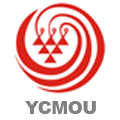
Industry requires complete professionals having not only qualifications, but also clear concepts, in-depth technical knowledge, skills on various latest technologies & platforms.
B.sc.(BIS) is catering to the need of students aspiring to excel in the field of computers. This program is extended to six semesters each with a duration of six months. In this programme, besides computer, a student gets diversified knowledge on Management, Financial Accounting and Management.
Duration : 3 Years (Six Semesters)
Eligibility : 12th standard of HSC Board of Maharashtra, or its equivalent [including MCVC (Minimum Competency Vocational Courses)]
OR
Three years Diploma of Board of Technical Examination or equivalent (other than computer and Information technology)
OR
Two years ITI Programme of any trade after 10th standard-passed
OR
Two years course of Maharashtra State Board of Vocational Education after 10th
OR
YCMOU Preparatory passed
Lateral Entry To Direct Second Year: 3 Years Diploma In Computer Application/IT from BTE
- Syllabus
- Exam
- Admission
- FAQ
|
||||||||||||||||||||||||||
| Fee Structure : | ||||||||||||||||||||||||||
|
||||||||||||||||||||||||||
Examination Instructions
The evaluation method for each component is given below:
Each course except CMP259, CMP253 and CMP210 has two components of evaluation:
- Theory
- Home Assignment or Practicals (depending upon the nature of the course).
- The Project, i.e. course CMP259 will be evaluated as major projects while the course CMP253 will be evaluated as a minor project.
Each course except CMP259, CMP253 and CMP210 has two components of evaluation:
- Theory Examination: Objective test (multiple choice questions) of 80 marks (Learner has to get minimum 32 marks out of 80 for passing)
- Assignments: Each course will have 5 Assignments each of 20 marks. Marks obtained out of 100 will be converted into out of 20. (Student has to get minimum 8 marks out of 20 for passing)
- Practical Examination: Each practical course will have examination based on practical slips. Practical examination will be conducted out of 100 marks. Marks obtained out of 100 will be converted into out of 20. (The student has to get minimum 8 marks out of 20 for passing)
- Major Project: The courses CMP259 and CMP210 will be evaluated as major projects. Major Project Examination shall carry 300 marks. It will be divided into two components Continuous Assessment and Project End Examination.
- The continuous assessment of Project: The continuous assessment is a new component in the evaluation of Project work. The continuous assessment of Major Project Examination shall carry 60 marks. Continuous assessment shall base on 3 presentations each of 20 marks.
- The Project End Examination: The End Examination shall carry 240 marks. Learner has to get minimum 96 marks out of 240 for passing End Examination of Major Project. The distribution of 240 marks is as follows:
| Project Report | 80 marks |
| Presentation | 60 marks |
| Viva | 50 marks |
| Demonstration | 50 marks |
- Minor Project: The course CMP253 will be evaluated as a minor project. Minor Project Examination shall carry 100 marks (Learner has to get minimum 40 marks for passing). The distribution of marks is as follows:
| Project Report | 40 marks |
| Presentation | 40 marks |
| Viva | 20 marks |
- Passing in any Course: To successfully pass the course learner should obtain minimum 40% aggregate in continuous assessment and end examination and 40% independently in end examination. In case a learner does not successfully pass the course, the learner needs to appear for end examination as a repeater by submitting the completely filled repeater form along with the requisite fee amount. No repeat examination in internal assessment will be taken. (For example: In a 100 marks course evaluation )
| Example No. | Marks obtained by the learner in | Result To successfully pass the course learner should obtain Aggregate Minimum 40 marks and minimum 32 marks in End Examination are required | ||
| Continuous Assessment | End Examination (Minimum marks required = 32) | Aggregate (continuous assessment + end examination) (Minimum marks required = 40) | ||
| 1 | 8 | 32 | 40 | PASS |
| 2 | 5 | 35 | 40 | PASS |
| 3 | AB | 40 | 40 | PASS |
| 4 | 3 | 35 | 38 | FAIL |
| 5 | 10 | 30 | 40 | FAIL |
| 6 | 20 | 25 | 45 | FAIL |
| Example No. | Marks obtained by the learner in | Result To successfully pass the course learner should obtain Aggregate Minimum 120 marks and minimum 96 marks in End Examination are required | ||
| Continuous Assessment | End Examination (Minimum marks required = 96) | Aggregate (continuous assessment + end examination) (Minimum marks required = 120) | ||
| 1 | 24 | 96 | 120 | PASS |
| 2 | 15 | 105 | 120 | PASS |
| 3 | AB | 120 | 120 | PASS |
| 4 | 9 | 105 | 114 | FAIL |
| 5 | 30 | 90 | 120 | FAIL |
| 6 | 60 | 95 | 135 | FAIL |
- Award of Certificate
A student becomes eligible for the award of certificate after successful completion of the course components included in the certificate programme. - Award of Degree
A student becomes eligible for award of degree after successful completion of the courses included in the concerned degree programme. - Award of Class
The class of certificate, diploma and degree programmes shall be given according to the following table. The class of the degree will be awarded based on the marks obtained in the courses of semester IV and V. - Percentage and Class
| Percentage of Marks | Class Description |
| 75 and above | First Class with Distinction |
| 60 -- 74.99 | First Class |
| 50 -- 59.99 | Second Class |
| 40 -- 49.99 | Pass Class |
| Less than 40 | Fail |
Admission Procedure For 'B.C.A.' From Yashwantrao Chavan Maharashtra University, Nashik.
- No Entrance Test, No Donation
- Admissions are given on first cum first serve basis
- Students are required to purchase, prospectus along with the application form, from the study center by paying Rs. 100/- .
- Submit the duly filled form along with attested Xerox copies of all mark sheets and certificates of SSC and HSC board exams. Originals are required only for verification. ( whenever demanded). Four passport size photos are required.
- Pay the fees by cheque or cash at study center and ask for proper receipts.
FAQ
| Quick Ref. : Where is YCMOU | How do I register | Where will I get counseling | What is distance learning | Books & Study material | My Exams schedule | Job guarantee | |
Q |
What is Open Learning? |
A |
Open learning refers to ‘openness’ in education. You can take the education that you want, at your pace and wherever it is needed. You are not bound to attend regular college. There is no upper age limit for a student. There is flexibility in course combinations. |
Q |
Does Distance Education have the same status as conventional education? |
A |
Yes, Distance Education is the accepted mode adopted by a number of Universities the world over. Almost all these universities use the conventional mode too. Considering that many institutions offer both the modes simultaneously, they are comparable. |
Q |
Is the YCMOU a recognised university? |
A |
Yes! (YCMOU) was set up in July 1989 by Act XX(1989) of the Maharashtra State Legistature. The YCMOU has headquarters at Nashik and provides support to its learners through study centers, which are spread all over the State of Maharashtra. |
Q |
Is the YCMOU student eligible for UPSC examinations? |
A |
Yes,. Please refer The Government GR on 'About University' link |
Q |
Are the YCMOU degrees, diplomas and certificates recognised for Government Jobs? |
A |
Yes, Please refer The Government GR on 'About University' link |
Q |
Where is the YCMOU located? < |
A |
The university Head Quarters is located at Nashik, Maharashtra, INDIA. The address is - Yashwantrao Chavan Maharashtra Open University, Dnyangangotri, Near Gangapur Dam, Nashik - 422 222 |
Q |
Do I need to go to Nashik for studying? |
A |
No! The YCMOU has established several Study Centres all over the India. Each academic programme is implemented at specified Study Centres. You may select the Study Centre most convenient to you and after registering at such a Study Centre, attend the contact/ sessions there. |
Q |
Does the University provide study material? |
A |
Yes, YCMOU provides study material to the students for most of its programmes. The cost of this is included in the Programme Fees |
Q |
What is included in the study material? |
A |
Self-instructional study-texts, Workbooks and CDs (wherever applicable), etc. |
Q |
From where can I receive the study material? |
A |
From the Study Centres. The Study Centre distributes the study material after confirmation of the student’s admission. |
Q |
How do I register myself with the YCMOU ? < |
A |
The university has a separate Registration Section to handle registration-related issues. Once you decide about the programme of study, you will need to purchase the Prospectus for the programme, collect all the relevant information about the period of registration, the applicable fees, etc. Contact the Study Centre Coordinator or the Principal for this. |
Q |
What is the registration procedure? |
A |
Collect the prospectus with form from the Study Centre. Fill up the form. Attach the necessary documents. Attach the proper Demand Draft of fees. Submit it to the Study Centre. |
Q |
What is counselling? |
A |
Counselling is the academic support given at the recognized Study Centre. It could be in the form of lectures delivered by an expert, group discussions, presentations, quizzes, etc. |
Q |
Where will I get counseling? < |
A |
At the study centre. Once your admission is confirmed, you are eligible for attending counselling sessions at the study centre. |
Q |
What documents are required for admission |
A |
Only attested zerox copies of the certificate and marksheets of Board exams that You have Passed. And originals only for verification. |
Q |
Can I continue my other graduation/ post graduation programs with other universities. |
A |
Yes open universities do not require any migration or original certificates for submission So you are eligible to continue Your other programs simultaneously. DUAL DEGREE IS PERMITTED. |
Q |
How exams will be conducted. |
A |
For YCMOU all exams are 'On Line' objective type. Conducted at study center only. |
Q |
What is distance learning and what is scope of it. < |
A |
Distance education is a field of learning which focuses on a convenient delivery of education to those who cannot attend regular classroom courses. Students of distance education access their courses through printed study material as well as online learning soft wares. This is an advanced branch of learning through which students from any corner of the world can pursue their desired degrees of course with help of today’s technology. |
| Scope and Benefits: There are numerous distance learning benefits which you ought to consider when electing to take an online distance learning course. |
|
|
|
| Distance education is an education that aims to deliver education to students who are not physically present and the main advantage of distance education is the students rather than attending courses individually can communicate through internet with the teachers at their own time and can exchange the material over the net, DLP India would be a great help for the students who are looking for distance learning courses in different field starting from Undergraduate to Post Graduate in Management and Technology. |
|
Q |
Do I need to refer other books in addition to material supplied by university. < |
A |
The course material delivered to You by university will cover the courses topics in sufficient detail. How ever we also suggest certain reference books that you can read in order to get in depth knowledge on topics covered. |
Q |
Is entire Study material is available at a time |
A |
No It is delivered as per semester subjects. |
Q |
If there is need of Computer at home for practice. |
A |
Generally we provide sufficient practice (unlimited ) hours for students. A PC at home may be for additional practice But not compulsion. |
Q |
Do I need to pass any entrance Test for taking admission for any of the program. |
A |
No Absolutely Not. You need to fulfill the eligibility criteria that’s all. Admissions are given First cum First Serve Basis. |
Q |
When will be My Exams scheduled. < |
A |
For YCMOU Exams will be In the Month Of December and June. |
Q |
How can I pay my fees in Cash or cheque. |
A |
You can pay your fees in cash, cheque or DD. |
Q |
Is there Education Loan available for these programs. |
A |
Yes. You can enquire that with your Bank also. |
Q |
Can I complete these programs while taking a job. |
A |
Yes. Definitely weekend batches are available for selected programs (sat-Sun). |
Q |
Do you provide job guarantee after these programs. < |
A |
Yes. (With conditions.) Please see the conditions on 'Why at us' link. |

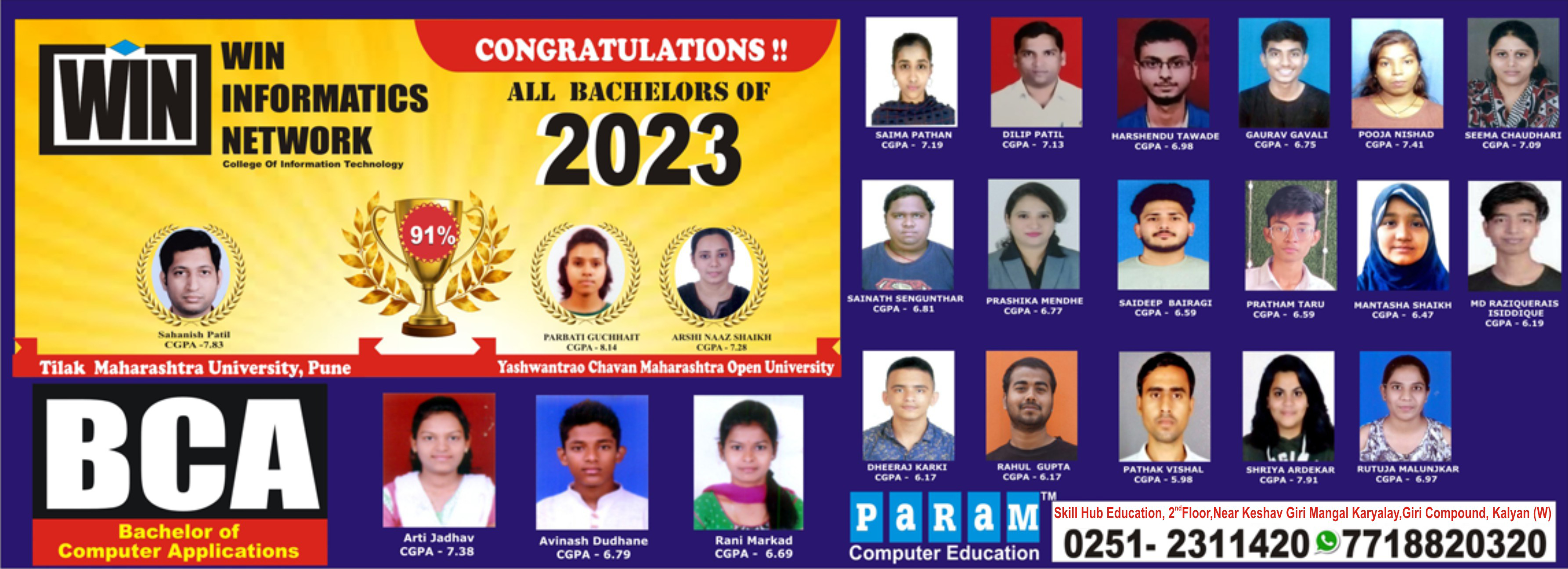
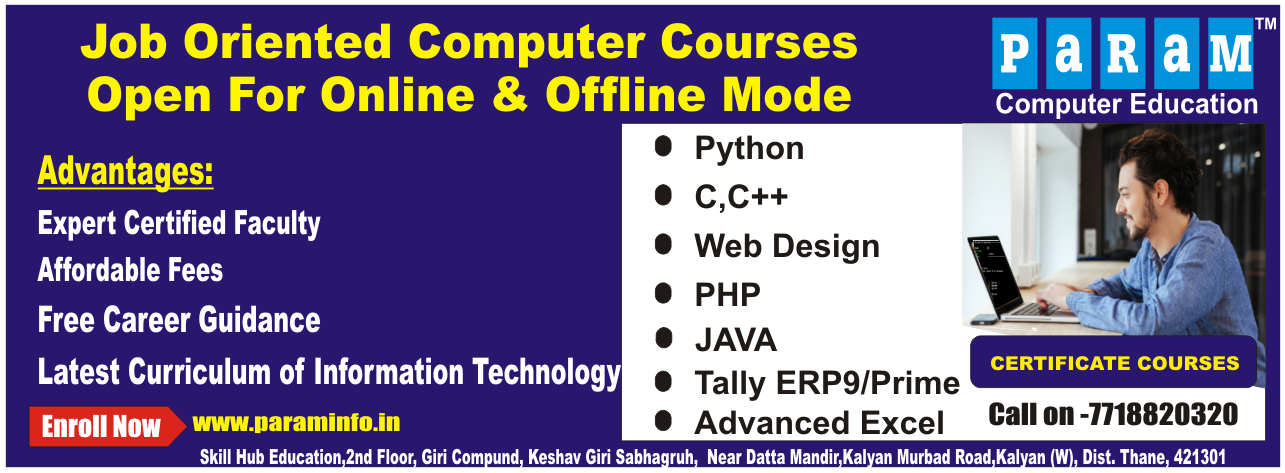
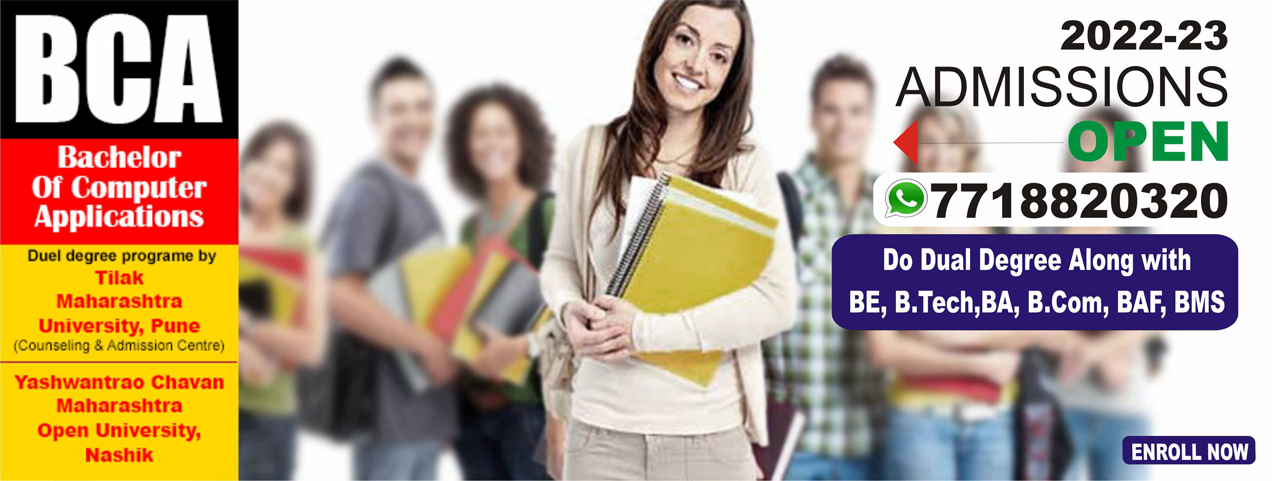
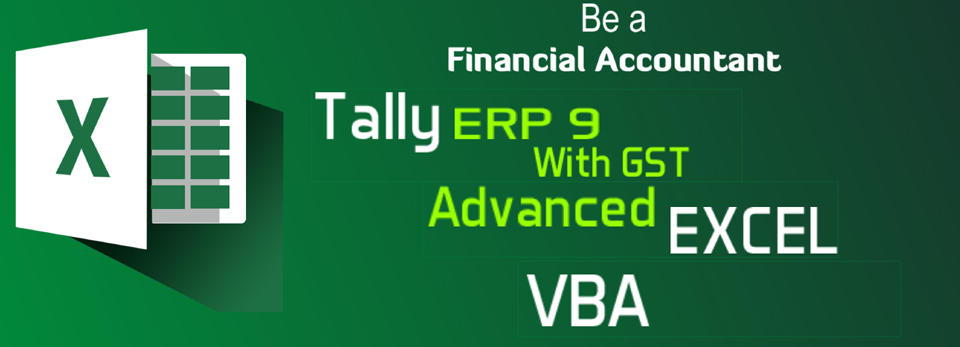


 1
1 2
2 3
3 4
4 5
5 6
6